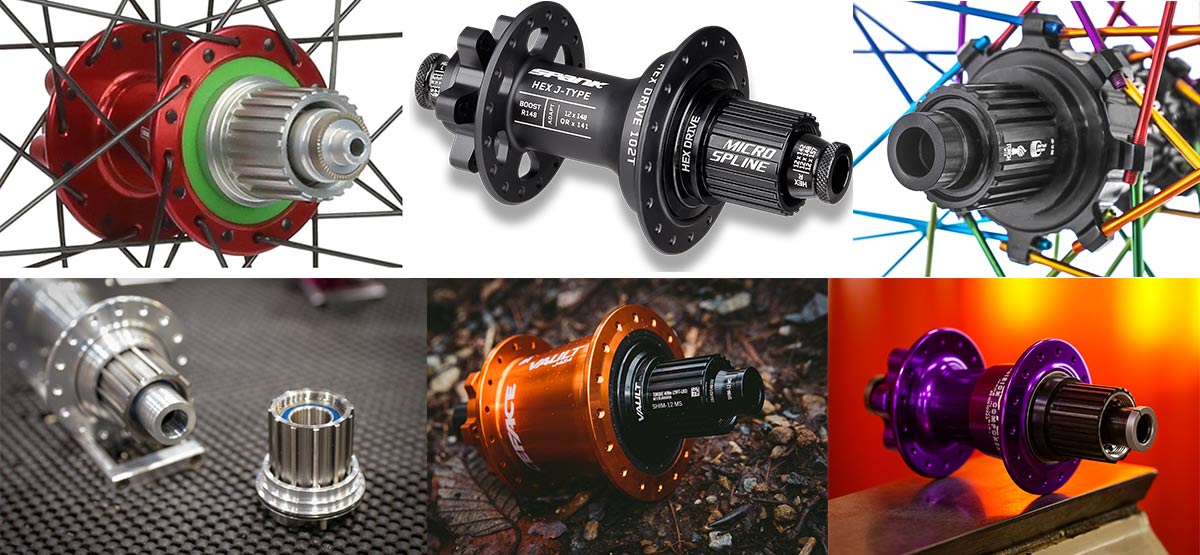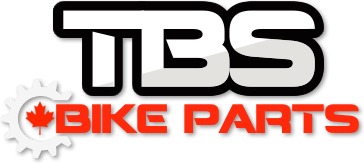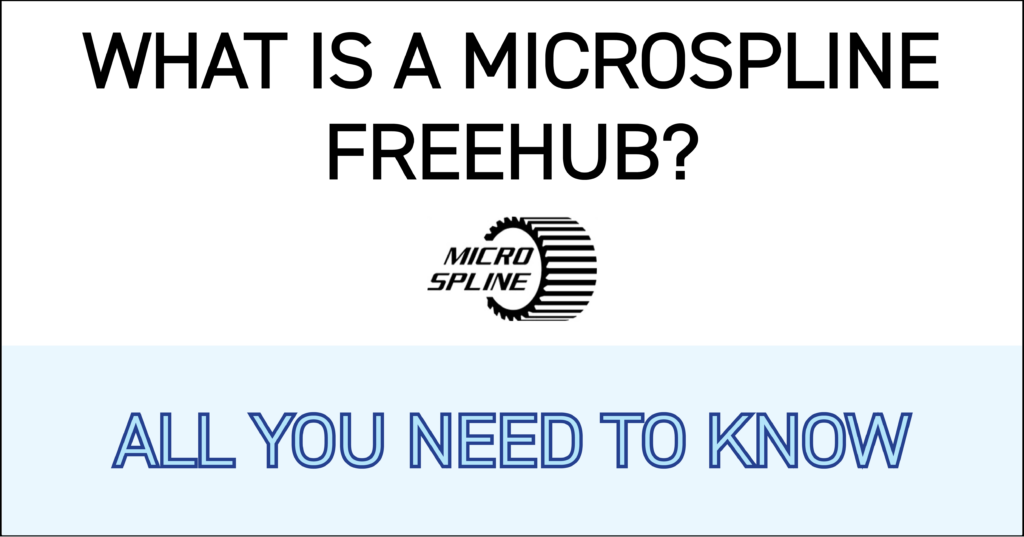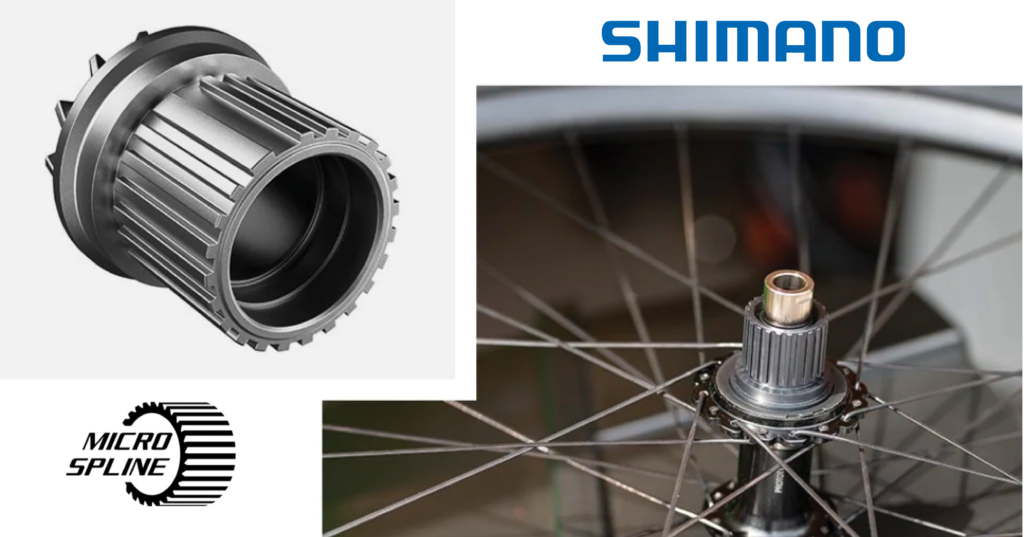What is a Microspline Freehub?
In the following article we are going to go over everything you need to know about microspline freehubs. What is a microspline freehub? How long has microspline been around for? What components are compatible with microspline? All of this and more will be answered below.
What is a Freehub?
Before we get into what a microspline freehub is, it is first important to understand what a mountain bike freehub is.
A mountain bike freehub is a component of the rear hub in a bicycle wheel that allows for the coasting or freewheeling of the rear wheel when you stop pedaling. The freehub is designed to engage with the bike's cassette when you pedal forward, transmitting power to the wheel. When you stop pedaling or pedal backward, the freehub allows the rear wheel to spin freely without engaging the pedals.

Mountain bike freehubs come in different designs and standards. However, for this article we are going to be focusing on the microspline freehub.
What is a Microspline Freehub?
Microspline is a specific freehub standard developed by Shimano and launched in 2018 in conjunction with their XTR M9100 series.

This is what Shimano has to say about their microspline technology:
"This year [2018] we introduced one of the most eagerly awaited groupsets in our history, the XTR M9100 series. One of the highlights of our state-of-the-art mountain bike group is the 12-speed drivetrain. To fit the 12-speed setup our engineers restructured the freehub design with what’s known as MICRO SPLINE technology.
With the arrival of 12-speed cassettes, our engineers had to re-design our freehub to fit the new cassettes and smaller 10 tooth sprocket on the freehub body. That gave us a chance to also look at the way the cassette is mounted on the hub body. We were able to create a stiffer connection with a MICRO SPLINE fitting, which gives 23 equally spaced saw-tooth angled splines for more positive engagement with the cassette. This also allowed our engineers to forge the MICRO SPLINE freehub body from aluminum without risking the deformation and gouging that conventional aluminum cassette bodies suffer." - SHIMANO
So essentially microspline is Shimano's answer to fitting a smaller 10T sprocket onto a freehub body. This is why Shimano made the switch from their previous HG freehub body standard, which wouldn't allow this. The microspline freehub body is slightly shorter than an HG freehub, allowing the smallest cog to be positioned outboard of the freehub body. The 10t cog sits inside the 12t cog and is held in place by multiple splines that match up with grooves in the 12t cog.
Microspline Compatibility
Shimano microspline freehub bodies are only compatible with Shimano 11 and 12-speed mountain bike cassettes that feature a 10T smallest sprocket. These wide-range cassettes will not fit any other freehub body as they are designed to work specifically with microspline. Similarly, no other cassette design will fit a microspline freehub body. To put it simply, if you have a if you have a Shimano cassette with a 10T smallest sprocket, then you’ll need a microspline freehub body.
With the introduction of microspline, riders who want to ride a cassette that features a 10T smallest sprocket will, at the very least, be required to invest in new freehub bodies and possibly a new rear hub or complete wheelset. (Unless they have purchase a bike since the launch of microspline that has the compatible parts)
For brands who want to produce a microspline compatible wheel or hub they must licence the design from Shimano, which is why not every hub brand has a microspline option. However, the options for microspline freehub bodies have been increasing since its launch and are currently available to suit hubs/wheels from Shimano, DT Swiss, Hope, Bontrager, Stan’s NoTubes, Industry Nine, Chris King, Mavic, Spank, e*thirteen, Race Face, Halo, and more.

Another important point to note is that the microspline hubs fit all current frames. This means that whether you have a boost (148mm) or non-boost (142mm) frame, it will be compatible.
Available Series
The microspline freehub is compatible with the following Shimano series': XTR M9100, Deore XT M8100, SLX M7100, and Deore M6100.
Benefits and Features
1. Lightweight aluminum microspline freehub seamlessly integrates with small 10-tooth top gears.
2. Smaller and more widely distributed splines limit cog damage on lightweight aluminum freehub.
In the past, Shimano used steel as opposed to aluminum for its freehubs. This was because the individual cogs mounted to the cassette can shift slightly and gouge softer alloy freehub bodies. According to Shimano, the move from the 13-spline HG interface to the 23-spline Micro Spline system does a better job of distributing loads. This allows Shimano to lighten its hubs with alloy freehub bodies, as is the case with microspline.
We offer microspline freehubs for both Hope and DT Swiss, and they can be purchased here. We also offer a large variety of Shimano components that are compatible with microspline. This includes the XTR M9100, Deore XT M8100, SLX M7100, and Deore M6100 series. Click here to shop our full selection of Shimano.
Remember that we offer free shipping on all orders over $149CAD. All orders are also processed and shipped within 24 business hours.
Spend less and ride the best with TBS Bike Parts.
Related Articles
SRAM’S UNIVERSAL DERAILLEUR HANGER OVERVIEW
SHIMANO HYPERGLIDE+ VS. LINKGLIDE
SHIMANO LINKGLIDE DEORE XT DRIVETRAIN – ALL YOU NEED TO KNOW



